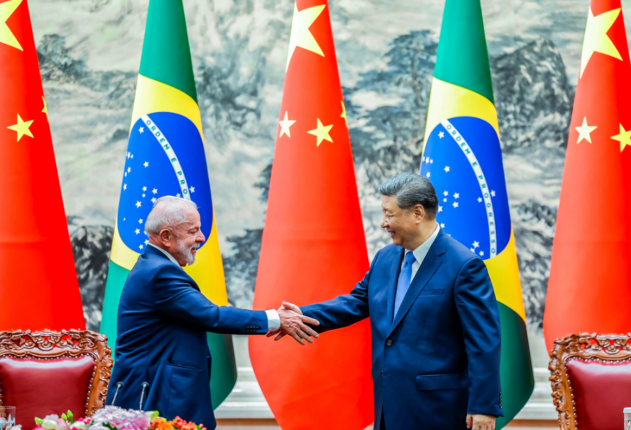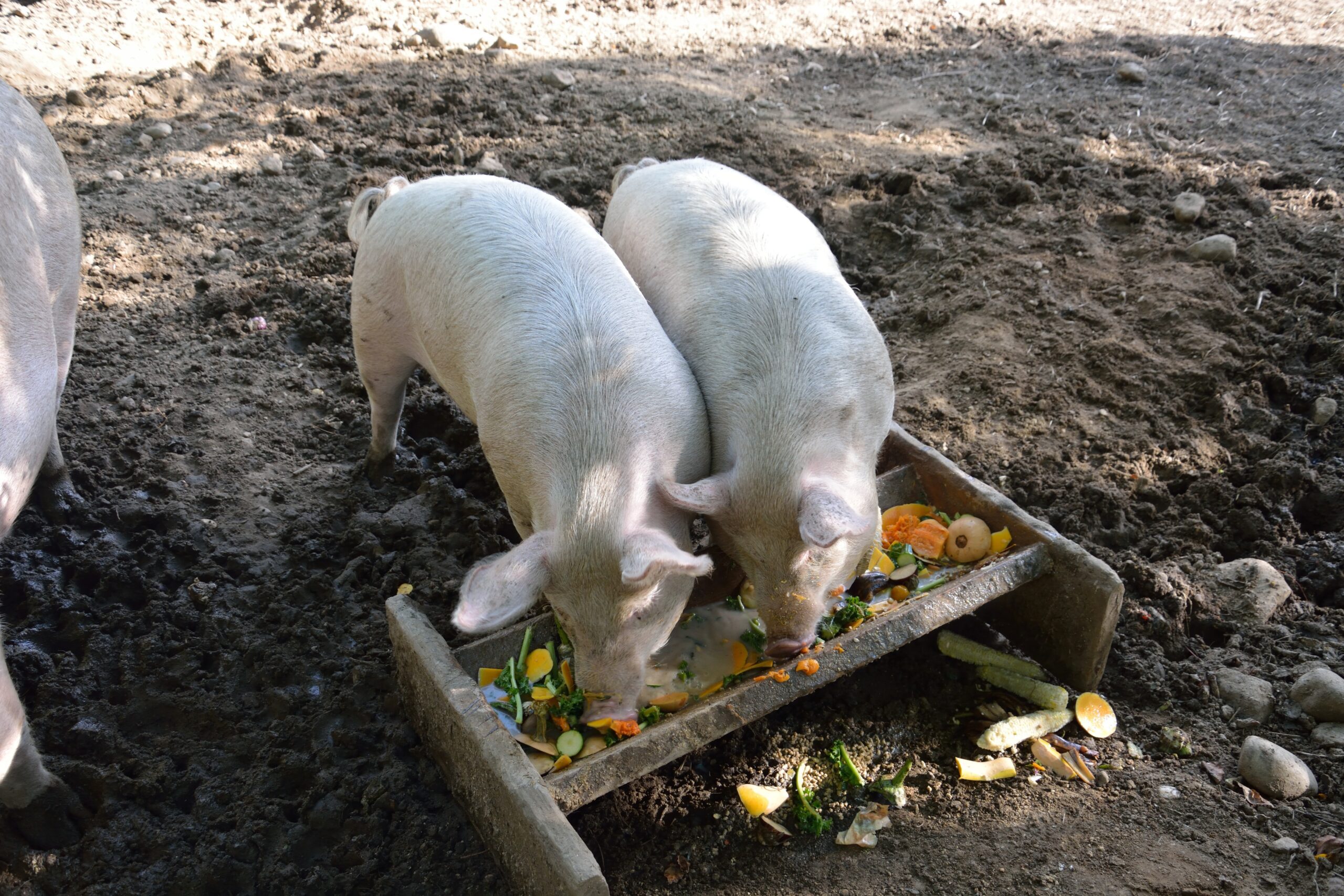-
Environmental Security Weekly Watch: August 25-29, 2025
›
Amazon Nations Sign Political Blueprint for Rainforest Protection (Associated Press)
Presidents from South America’s Amazon nations gathered in Colombia’s capital to sign the Declaration of Bogotá on August 22, 2025,. This political blueprint establishes cooperation across a region that spans over 2.5 million square miles and has a crucial role in to play as a massive carbon sink that slows global warming. Signatories hope that it is a sign that the region will move past political rhetoric to concrete actions.
-
Environmental Security Weekly Watch: August 18-22, 2025
›
A window into what we’re reading at the Stimson Center’s Environmental Security Program
Bolivian Presidential Vote Raises Environmental Concerns (Associated Press)
Bolivia’s presidential runoff election on October 19 between centrist Senator Rodrigo Paz and right-wing former president Jorge “Tuto” Quiroga has seen both candidates promise change. Yet Indigenous and environmental leaders remain skeptical that either hopeful will effectively address Bolivia’s severe environmental crises.
-
Environmental Security Weekly Watch: August 11-15, 2025
›
A window into what we’re reading at the Stimson Center’s Environmental Security Program
The Mining Town Funding Congo’s Rebels and Tech Giants (Reuters)
In April 2024, the M23 rebel group seized control of Rubaya, a mining town that produces 15% of the world’s coltan—a critical mineral worth used in mobile phones, computers, and aerospace components. Rebels imposed a parallel administration in the town, and placed a 15% tax on mineral traders that generates $800,000 monthly from levies. Thousands of impoverished miners in the town, however, still work 12-hour shifts in dangerous conditions earning just $5.15 per day.
-
Environmental Security Weekly Watch: August 4-8, 2025
›
A window into what we’re reading at the Stimson Center’s Environmental Security Program
A Water Security Crisis Grips Pakistan’s Indus Delta (Al-Jazeera)
The Indus delta in Pakistan is experiencing severe environmental collapse as seawater intrusion makes farming and fishing impossible. Salinity levels have risen 70% since 1990, forcing tens of thousands from coastal districts. Over 1.2 million people from the broader delta region have abandoned their homes in the past two decades. The construction of irrigation canals and hydropower dams, compounded by the impacts of climate change on glacial melt, has accelerated the crisis and reduced downstream flow by 80% since the 1950s. More than 16% of fertile Indus delta land has become unproductive, as salt crusts cover the ground and boats must transport drinking water to the region’s remaining villages.
-
The Cost of Ceding the Field to China on Climate Change
›
Summer is often a time for grim climate milestones, as ever-more intense heatwaves scorch large swathes of the planet. But this year, the bad news arrived earlier than usual when the United States refrained from sending representatives to the UN-sponsored climate talks in Bonn, Germany, for the first time in the talks’ 30-year history. The intercessional talks are in some ways more important ever than the more widely reported on climate COPs because they are where many especially tricky issues are negotiated. The Trump Administration’s unilateral withdrawal from international negotiations is bad news for the climate. But it is even worse news for US national security. Climate diplomacy is a big part of soft power and influence, and Washington is rapidly losing out to Beijing.
-
Environmental Security Weekly Watch: July 28-August 1, 2025
›
A window into what we’re reading at the Stimson Center’s Environmental Security Program
Low Political Will and Depleted Supplies: Inside Iran’s Water Crisis (The New York Times)
Water shortages are a day-to-day reality for many Iranians, as reservoirs shrink, taps run dry for hours, and water pressure remains so low that it doesn’t reach above the second floor. This acute water crisis is driven by a confluence of climatic changes and poor water policies, as Iran’s five-year drought has combined with overdevelopment, excessive dam development, and draining groundwater for agriculture to push already dwindling supplies to the brink.
-
Tapping an Innovative Climate Solution: Upscaling Food Waste to Animal Feed in Japan and China
›The numbers are staggering. A third of the food produced in the world is lost or wasted—from farms and food processing factories to grocery stores, restaurants, and homes. This growing mountain of rotting food is a major methane emitter, accounting for 8 to 10 percent of global greenhouse gas emissions. If food waste were a country, it would be the third largest greenhouse gas emitter, with the United States and China as leading food wasters.
-
Environmental Security Weekly Watch: July 21-25, 2025
›
A window what we’re reading at the Stimson Center’s Environmental Security Program
Community Patrols Offer a Blueprint to Enforcement of Conservation Law (Mongabay)
In the remote reaches of the Brazilian Amazon, an experiment in grassroots enforcement is yielding results. The Voluntary Environmental Agents Program, which trains and funds residents to patrol their own territories, has reduced illegal fishing, hunting, and logging by 80%. Operating in the Mamirauá and Amanã reserves, the program equips communities with surveillance tools, environmental education, and leadership training, weaving traditional knowledge into conservation efforts.
Showing posts from category *Blog Columns.






